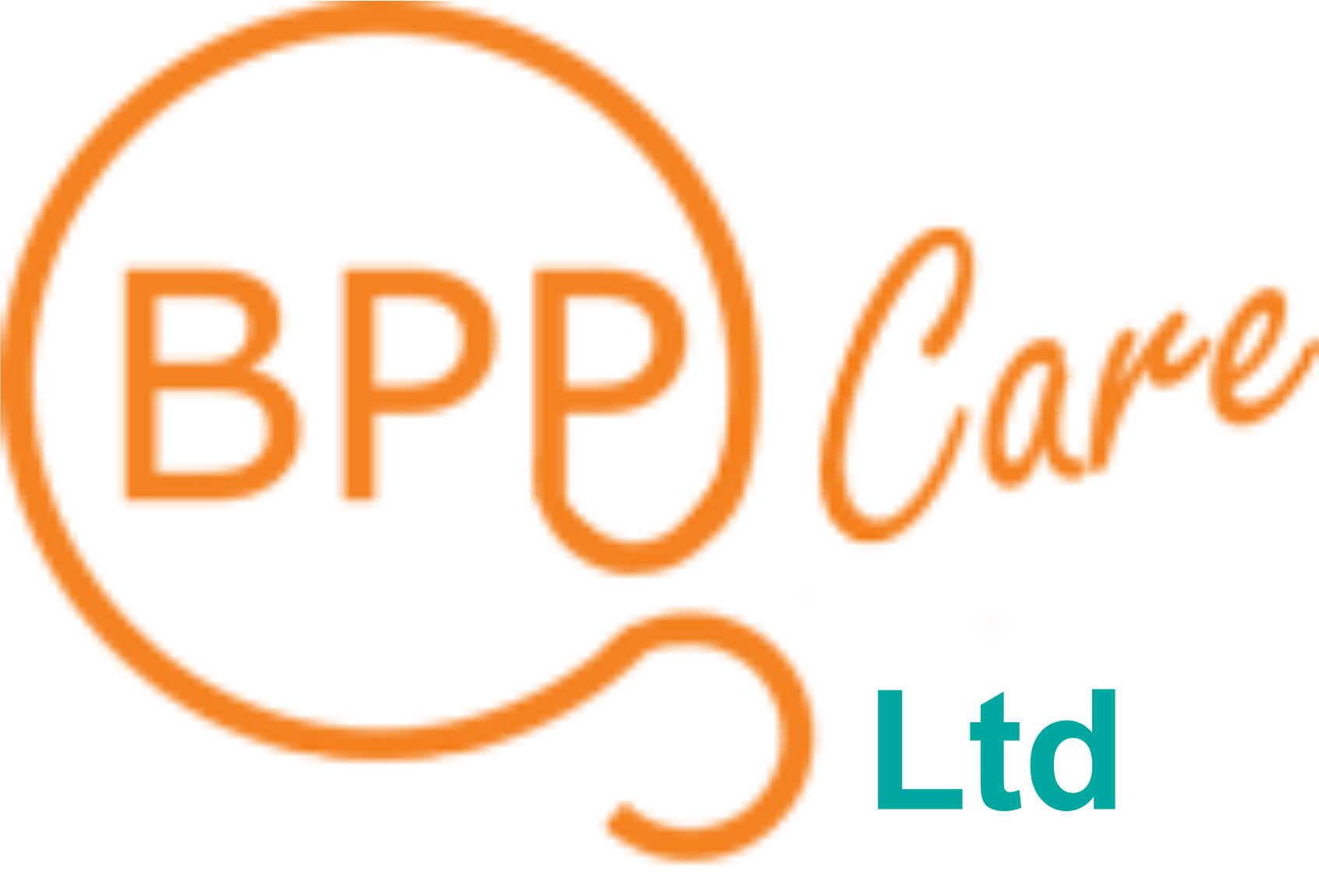
Some say nursing is just another job, while others believe it is a calling. The truth is, choosing nursing as a career choice is both rewarding and challenging. In the UK, there are over 700,000 registered nurses working in the NHS alone, making it one of the largest professions. Yet, hospitals still struggle with staff shortages. Nurses work long hours, but their impact lasts a lifetime. If you want a career that is in demand, offers security, and makes a real difference, keep reading.

The Importance of Nursing in Society
There was a time when hospitals had too few nurses. During wars and pandemics, the shortage was a crisis. Patients suffered, and many did not get the care they needed. In the 1800s, Florence Nightingale redefined nursing, proving that trained nurses could save more lives. Still, the world continues to face nursing shortages. Without enough professionals, healthcare systems struggle, and patient care declines.
Here is why nursing is essential in society:
- Improved public health – Nurses educate communities, prevent diseases, and promote healthy living.
- provision of emotional support – Beyond treatment, nurses offer comfort to patients and families.
- functional healthcare – Hospitals, clinics, and emergency rooms depend on skilled nurses to function.
Without nurses, society would face a health crisis. That is why nursing remains one of the most vital professions today.

Different Types of Nursing Careers You Can Pursue
Nursing is not a one-size-fits-all profession. It offers diverse career paths, each with unique responsibilities and rewards. Whether you prefer working in hospitals, clinics, homes, or communities, there is a nursing career for you. Below are some of the most in-demand nursing roles.
Clinical Nurse Specialist (CNS)
A clinical nurse specialist focuses on a specific patient population or condition, such as oncology, cardiology, or emergency care. More importantly, they play a vital role in developing treatment plans, supporting healthcare teams, and educating patients. To qualify, CNS roles require additional certifications and experience.
Nurse Anesthetist (CRNA)
For those interested in surgery, Certified Registered Nurse Anesthetists (CRNAs) specialise in administering anesthesia during operations and medical procedures. They work closely with anesthesiologists and surgeons, ensuring patient safety. Due to the complexity of their role, CRNAs must complete a master’s-level nurse anesthesia program before practicing.
Registered Nurse (RN)
To begin with, a registered nurse is the backbone of healthcare. They provide direct patient care, administer treatments, and educate families. In the UK, RNs must complete a Bachelor’s degree in Nursing approved by the Nursing and Midwifery Council. Additionally, specialising further can open doors to advanced roles in surgery, critical care, and pediatrics.
Nurse Practitioner (NP)
Unlike registered nurses, nurse practitioners have advanced training, allowing them to diagnose, treat, and prescribe medication without direct supervision. They often serve as primary healthcare providers in hospitals and private clinics. Moreover, some common NP specialities include family, pediatric, and geriatric care, making this career highly flexible.
Nurse Midwife
If you are passionate about women’s health and childbirth, a career as a nurse midwife might be ideal. These professionals provide prenatal care, assist in deliveries, and offer postpartum support. Furthermore, in the UK, midwives need to complete an approved midwifery program and gain registration.
Nurse Anesthetist (CRNA)
For those interested in surgery, Certified Registered Nurse Anesthetists (CRNAs) specialise in administering anesthesia during operations and medical procedures. They work closely with anesthesiologists and surgeons, ensuring patient safety. Due to the complexity of their role, CRNAs must complete a master’s-level nurse anesthesia program before practicing.
Pediatric Nurse
Caring for children requires special skills, and that is where pediatric nurses step in. They provide medical care to infants, children, and teenagers in hospitals, clinics, and schools. In addition, they specialise in child development and illnesses, ensuring young patients receive compassionate care. Some pediatric nurses even focus on areas like oncology or intensive care.
Community Health Nurse
A community health nurse focuses on preventive care and health education. They conduct screenings, immunisations, and wellness programs in schools, public health departments, and non-profits. Above all, their work is crucial in improving public health and reducing hospital admissions.
Mental Health Nurse
As mental health becomes a bigger concern worldwide, the need for mental health nurses is growing. Also known as psychiatric nurses, they help patients manage depression, anxiety, addiction, and other disorders. They work in hospitals, rehabilitation centers, and community clinics. Notably, this is a rewarding career choice for those who want to make a difference in mental health care.
Nursing Home Nurse
Elderly and disabled patients require continuous care, which is why nursing home nurses are essential. They assist with medications, mobility, and daily living activities in long-term care facilities. Additionally, training in gerontology is often required to handle age-related health challenges effectively.
Critical Care Nurse
For those who thrive in fast-paced environments, critical care nursing is an excellent option. These professionals work in ICUs, trauma centers, and emergency rooms, treating life-threatening conditions. They handle complex medical equipment, administer emergency treatments, and collaborate with specialists. Moreover, obtaining a critical care nursing certification can boost career opportunities.
Opportunities for International Nurses
Right now, the UK is experiencing a nursing shortage and is actively recruiting international nurses to fill vacancies. If you are considering a nursing career in the UK, organisations like MMA Associates can assist with job placement and relocation.
Is Nursing the Right Career Choice for You?
Making nursing your career choice is a life-changing decision. It requires compassion, dedication, and a commitment to learning. Nurses play a vital role in healthcare, supporting patients during their most vulnerable moments. But is this the right path for you?
To begin with, becoming a nurse starts with obtaining the right qualifications. You can pursue an associate’s degree (ADN), a bachelor’s degree (BSN), or even a master’s degree for advanced practice roles. After completing your studies, passing the licensure exam is essential to become a registered nurse.
There are many reasons to consider this career. First, nursing is purpose-driven. Every day, nurses bring comfort and healing to those in need. Second, it offers versatility. You can specialise in critical care, pediatrics, mental health, or community nursing. Third, the demand for nurses is rising, ensuring job security and career growth. Lastly, nurses constantly adapt and learn, keeping up with medical advancements.
Building a Nursing Career with BPP Care
A successful nursing career requires the right support. BPP Care understands this and provides specialised training, career guidance, and placement opportunities for aspiring and experienced nurses.
At BPP Care, nurses are valued professionals. The organisation offers a supportive work environment, career progression opportunities, and access to continuous learning. Their training programs help nurses gain new skills and excel in various healthcare settings.
Furthermore, BPP Care focuses on nurse well-being. They recognise the challenges of the profession and provide resources to ensure a balanced and fulfilling career. Whether you are just starting or looking to advance, they offer a structured path to success in the nursing field.
